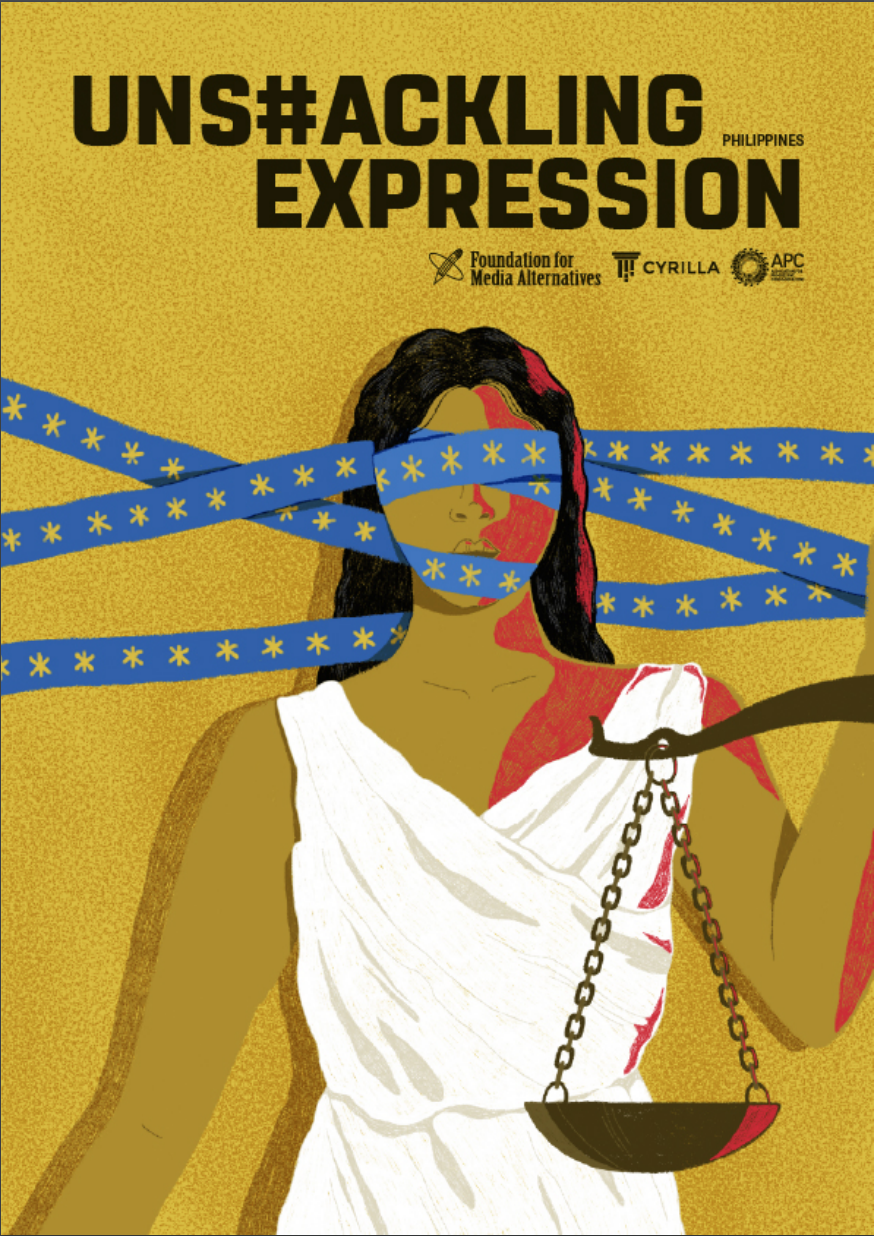The Philippines spends more time in social media than any other country. In the early days of the coronavirus pandemic, it even reported the greatest increase globally of users spending more time in social media. This does not mean that the state of its freedom of expression online is at its healthiest. Various governmental restrictions, limitations, attacks, and even abuses of this freedom exist, keeping the Philippines consistently near the top of “most dangerous countries for journalists” lists. (It’s the fifth worldwide.) The Philippines is only partly free on the 2019 Freedom on the Net Report and dropped three notches from last year.
Globally, social media, which was once thought to level the playing field on civil discussion, now “tilts dangerously toward illiberalism, exposing citizens to an unprecedented crackdown on their fundamental freedoms.” Commenting on attacks from online ‘trolls,’ a former Philippine senator expressed that “we used to say the internet was a marketplace of ideas, [but] now it’s a battlefield.”
In the Philippines, social media is where freedom of expression is usually realized. It is also a crime scene, scoured by law personnel for evidence of utterances which they may find illegal, but may also be valid expressions of discontent and dissent. Considering the current political climate—one dominated by a president often described as ‘authoritarian’ and ‘dictatorial’ and a police and military force that takes his word as law— the line blurs and one is usually mistaken for the other. A pandemic of ‘fake news’—i.e., disinformation, misinformation, and false information—also muddle the waters by which Filipinos navigate their sources of information. As of date, Congress has found a way to criminalize “perpetration” and “spreading” of fake news, which does not bode well for a citizenry that desperately needs digital literacy, in light of a collective susceptibility to believe, on face value, whatever they see online.
Freedom of expression thus grapples not only with restrictions or limitations to speech; in the age of social media and increased internet access, it also forces us to rethink the context and environment that enables and assures its meaningful realization, as will be discussed below.
Read the full report here or below.

